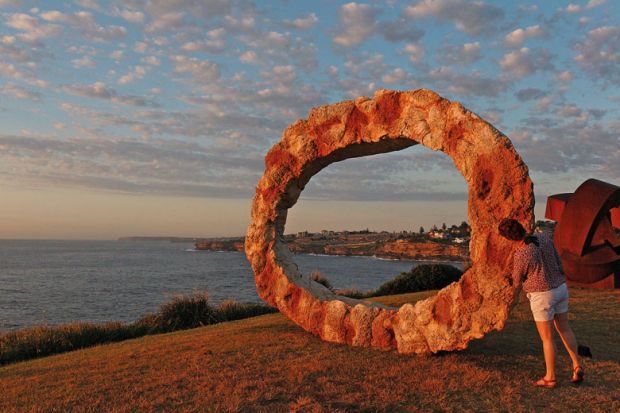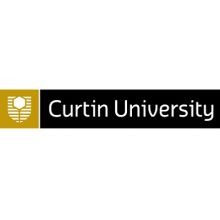Covid-19 has helped breathe urgency into Australia’s slow-moving campaign to make its publicly funded research openly accessible.
Since mid-October the Council of Australian University Librarians (Caul) has signed “transformative agreements” with major scholarly publishers Cambridge University Press, Springer Nature, Oxford University Press and Wiley. The deals wrap processing charges to exempt journal articles from paywalls into the subscription fees universities pay to the journals’ publishers.
Australian chief scientist Cathy Foley, who has embraced open science as a key policy focus, wants to elevate the role of such agreements. Under her proposed Australian model for open access, a “central implementing body” armed with a “central pool of funds” would negotiate comprehensive national agreements with each publisher.
The agreements would enable anyone in the world to read Australian peer-reviewed journal articles, and anyone in Australia to read the journals in their entirety. Dr Foley argues that the costs may not exceed what Australian research institutions already pay in article processing and subscription fees, which she estimates at between A$460 million (£252 million) and A$1 billion a year.
The developments mark a shift from Australia’s aspiration to make research publicly available via institutional repositories – the “green” model – to the “gold” model of journal-based open access favoured under Europe’s Plan S.
The Australian Research Council and the National Health and Medical Research Council (NHMRC), currently require peer-reviewed papers to be made freely available – typically in institutional repositories – within a year of publication. Critics say that is inadequate, with Covid demonstrating the need for rapid dissemination of research. “We need this content open right now,” said Curtin University librarian Catherine Clark, who directs Caul’s Advancing Open Scholarship programme.
NHMRC revisions planned for the beginning of next year would have required articles to be freely available immediately upon publication. The council has now deferred that plan, citing publishers’ preference for gold open access and researchers’ and institutions’ nerves about the cost.
This is the latest missed deadline in Australia’s push for open access. The federal government accepted but failed to implement a 2017 Productivity Commission recommendation advocating a national open access policy. Lobbyists’ demands for a national strategy have gone unheeded, as has a 2017 policy statement to make publicly funded research outputs “findable, accessible, interoperable and reusable” by 2020.
The gold model is not without problems, not least relating to cost. Transformative agreements often cap the number of open-access articles and exclude the most prestigious journals. Australia and New Zealand lack the scale or negotiating experience to drive harder bargains with huge publishers.
But Monash University librarian Bob Gerrity, who chairs Caul’s content procurement committee, said Covid had provided a “lever” to secure agreements at no extra cost. “With publishers recognising the challenging financial circumstances universities are in, we were able to [achieve] more than in a normal environment,” he said.
He said that transformative agreements were a “transitional arrangement” that marked “the beginning of the hard work”. “Given that many of the early open access declarations are now 20-plus years old, it’s taken a lot longer than [many] would have expected but things seem to be accelerating.”
Open Access Australasia director Ginny Barbour said Australia was “at a good moment” but needed properly aligned policies. “We need to get this right. Whatever approach is put forward needs to work across the Australian sector. There’s good consultation going on to make sure that happens.”
Register to continue
Why register?
- Registration is free and only takes a moment
- Once registered, you can read 3 articles a month
- Sign up for our newsletter
Subscribe
Or subscribe for unlimited access to:
- Unlimited access to news, views, insights & reviews
- Digital editions
- Digital access to THE’s university and college rankings analysis
Already registered or a current subscriber? Login










